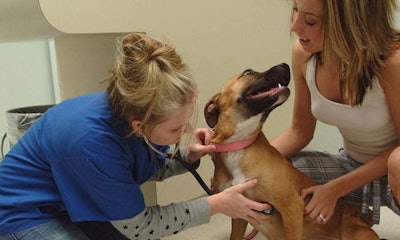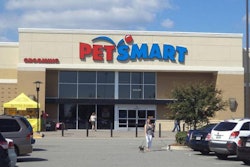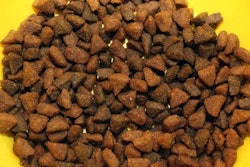
Veterinarians may recommend specialized pet foods for cats and dogs with certain problems, such as urinary tract or gastrointestinal disorders. However, owners may then counteract the benefits of those foods by giving their pets regular treats. For pet parents who want to indulge their ailing dogs and cats, therapeutic treats can allow owners to spoil their pets without spoiling therapeutic diets.
Royal Canin recently released a line of treats that can support specialized diets. When a veterinarian prescribes pets foods with specific nutrients, nutrients levels or ingredients, they can also prescribe these treats.
“For example, if a vet recommended a weight loss diet for an obese pet, but the owner then gives normal treats, he or she could be impacting the efficacy of the vet’s weight loss plan by adding extra calories,” Dr. Catherine Lenox, veterinary nutritionist and Royal Canin scientific affairs manager, told Pet Food Industry. “By using a treat formulated to compliment a weight loss diet as part of a veterinary-supervised weight loss plan, this issue can be avoided.”
These therapeutic treats must be prescribed by a veterinarian. Pet owners can then purchase them directly from the vet’s office or from online retailers, including Chewy.com, VetSource and Vets First Choice.
Lenox noted that the treats have the same formulation as specialized pet foods, just in a different size and shape. To develop the treats, they used the results of previous research on certain health concerns and the nutritional responses to those concerns. Those results were then applied to the formulation of the treats.
The treats come in cat and dog versions for a variety of ailments, including:
- Urinary treats: support a healthy urinary tract
- Gastrointestinal treats: specific nutrients to support digestive health
- Hydrolyzed protein treats: support healthy skin in pets with food sensitivities
- Satiety treats: low in calories to support a healthy weight



















